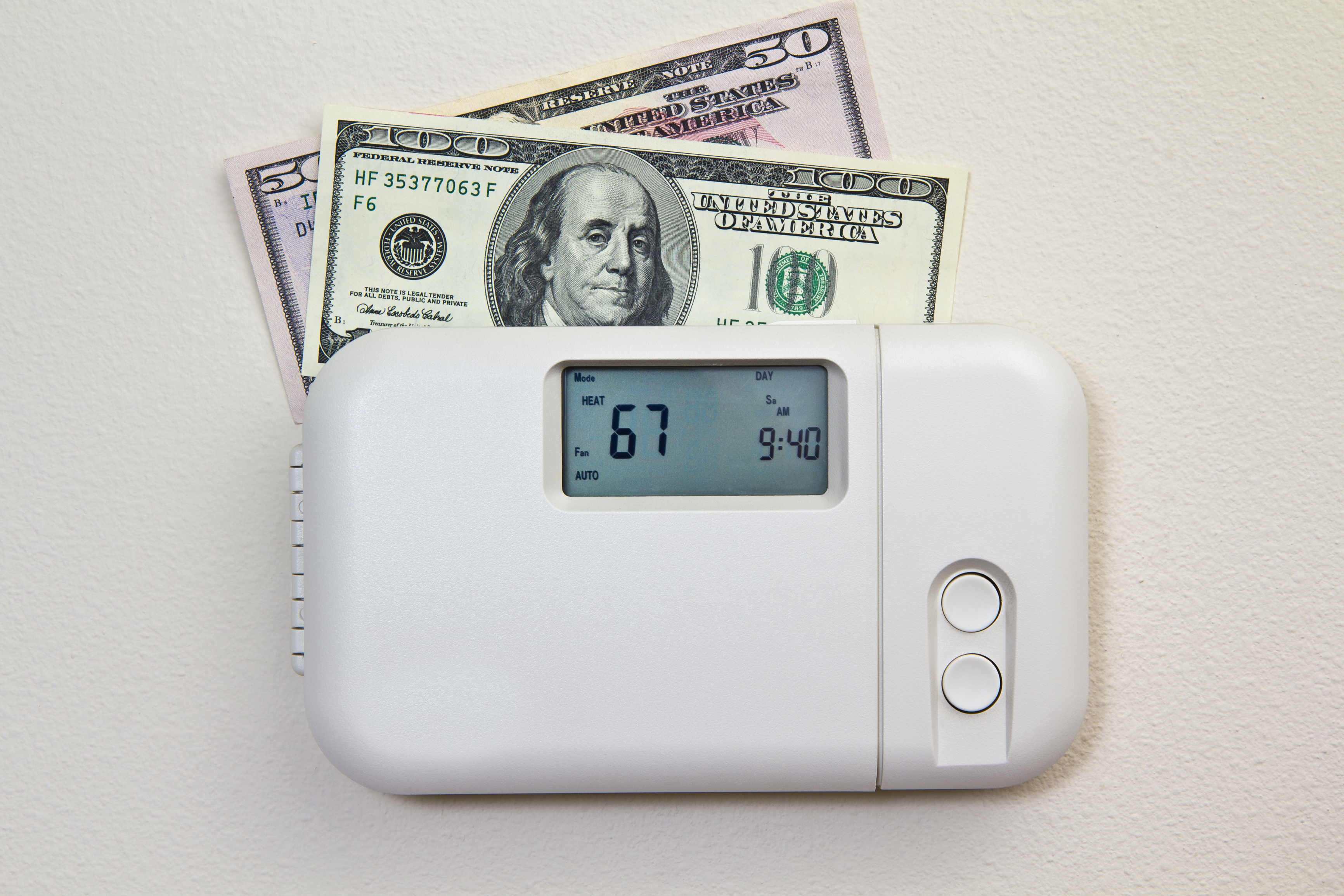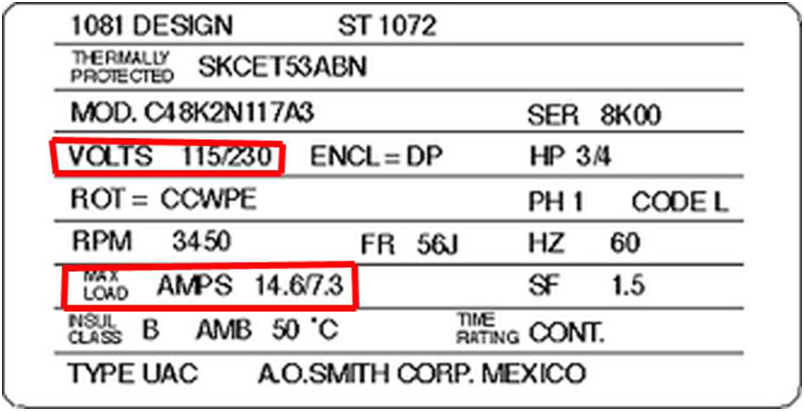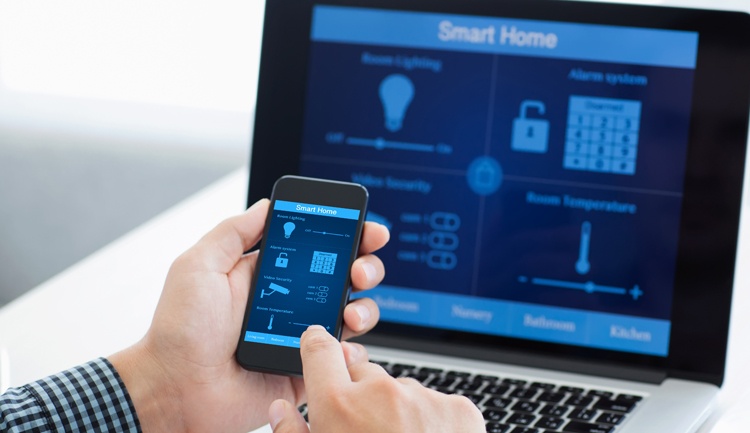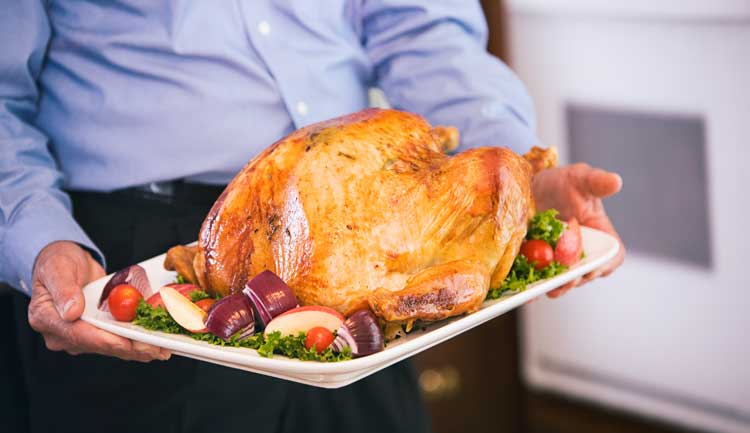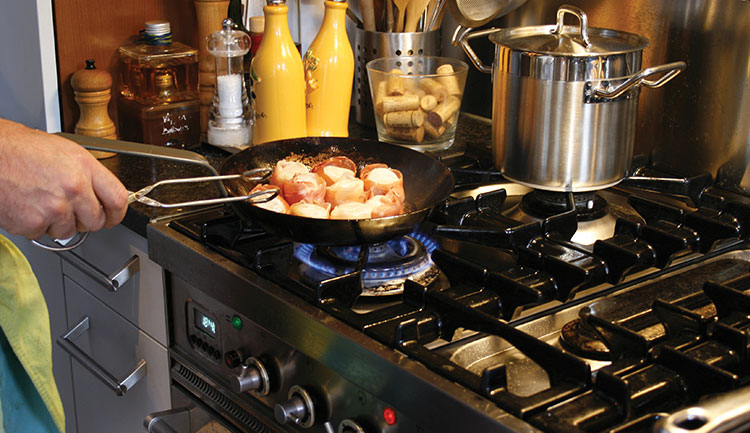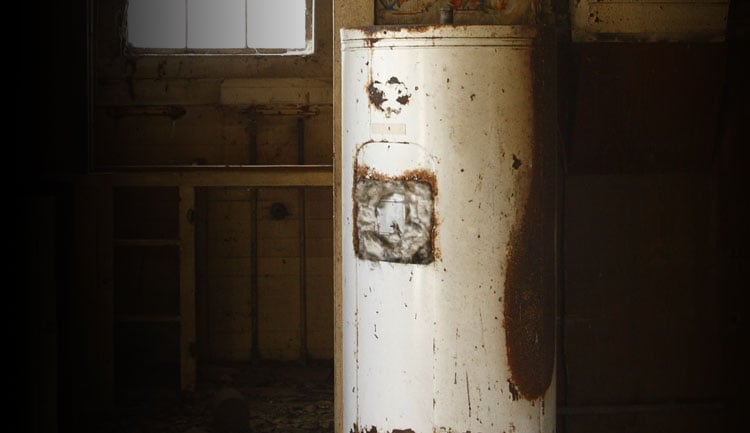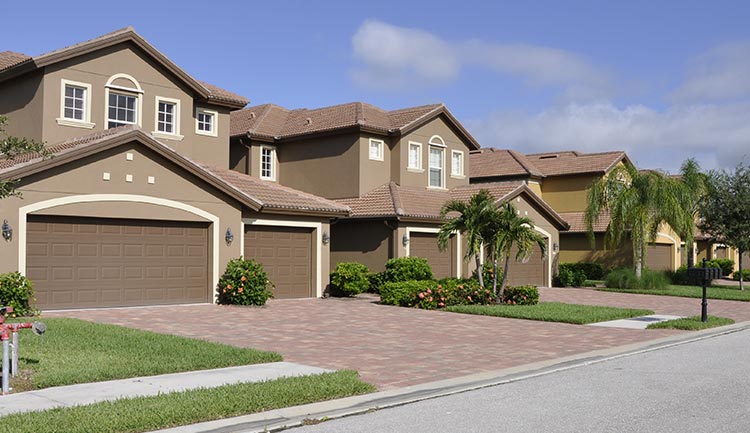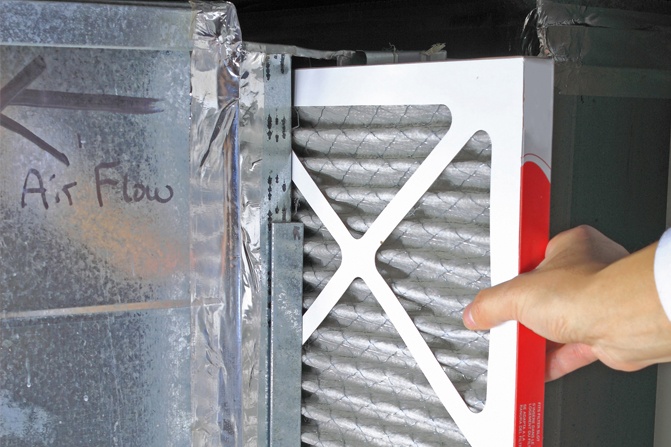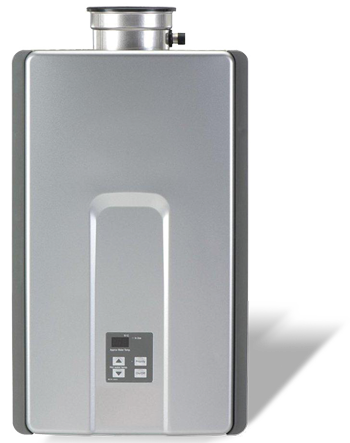Scott Ranck

Scott Ranck started his career in building with two years of training in residential construction at Williamsport Area Community College now Pennsylvania School of Technology. After his training, Mr. Ranck was involved with both residential and commercial construction for the next twenty years.
Scott has now focused his building background toward becoming a resource on residential and commercial energy issues. Mr. Ranck is a RESNET HERS energy rater, an ENERGY STAR Rating Partner, a small commercial and public building energy rater and attained his CEA (Certified Energy Auditor) and CEM (Certified Energy Manager) through the Association of Energy Engineers.
He is employed by Florida Public Utilities Corporation. Mr. Ranck chairs the Florida Natural Gas Association’s Energy Code Team. He is a founding board member and Past President of the Building Energy Assessment Professionals, a Florida registered trade association. Mr. Ranck has done energy presentations for builders, builder associations, architects, utilities, and energy conferences all over the state.
Here in Florida our highest energy cost is air conditioning our homes. Central air conditioning systems are highly complex with many various parts. In most situations you have the unit outside the home which is the compressor and cooling fan. Somewhere inside the home, often in the garage or attic is the second part referred to as the air handler. Within this unit is an inverted V shaped piping system known as the cooling coils. There also is a fan and blower motor inside this unit.
Read More
Topics:
Energy Conservation,
Energy Efficiency,
summer,
How To's,
air conditioning
You can see a one minute video discussing the cost of pool pump operation from Florida Public Utilities Facebook page at the end of this article. This article will give you the tools to figure out the cost of your pool pumps operation. Many pools in Florida have two pumps, one to filter and one to power the vacuum. So, both pumps must be calculated to get your monthly cost.
Read More
Topics:
Energy Conservation,
Energy Efficiency,
Pool Heaters,
How To's
In the world of residential energy use there are two primary methods to reduce your utility costs. The first is energy efficient equipment. Upgrading air conditioning units, water heaters and lighting can save you valuable money. Other upgrades worth considering are added insulation, duct sealing and possibly in some cases new windows or adding a Low E window film to the south and west facing windows.
Read More
Topics:
Energy Conservation
Ah, the holiday season. For many of us, it conjures up the smell of fresh-baked pies, visions of crowded kitchens, and memories made around the fireplace.
Read More
Topics:
Natural Gas
More than 9-out-of-10 chefs prefer cooking with natural gas. So do 75 percent of homebuyers, according to the National Association of Home Builders. And while almost everyone who favors natural gas ranges over electric will tell you it’s all about “performance”, here’s a quick look at what that actually means. Plus, two additional advantages that even the most unparticular of cooks can appreciate.
Read More
Topics:
Natural Gas Range
While most people don’t think of a new water heater as a “fun” or “preemptive” purchase, replacing your old water heater before it breaks can save you from serious home flooding, spiking expenses and a long list of other undesirable outcomes. So how do you know when it’s time to say “goodbye” to your current water heater, and “hello” to a new unit? Stay on the look out for three common signs that your water heater is on its last leg. (Plus, three great reasons to go natural gas tankless!)
Read More
Before you splurge on that over-the-top kitchen or major addition, it’s always wise to know the extent of which your home improvements will pay off. Here are some home upgrades that will be worth your money in terms of re-sale value, as well as other pointers that will help you decide which projects to take on and which to pass up.
Read More
Topics:
Natural Gas,
Home Value
Whether it’s cleaning the stovetop after dinner, or removing lint from the dryer’s filter, most people know how to care for their appliances after each use. However, there are also periodical maintenance guidelines you should take in order to keep your home appliances running smoothly and safely as well to increase energy efficiency. The right weekly, monthly and yearly upkeep can even help your appliances last longer. Here are some important reminders to include on your home maintenance checklist.
Read More
Topics:
Natural Gas,
Energy Efficiency

